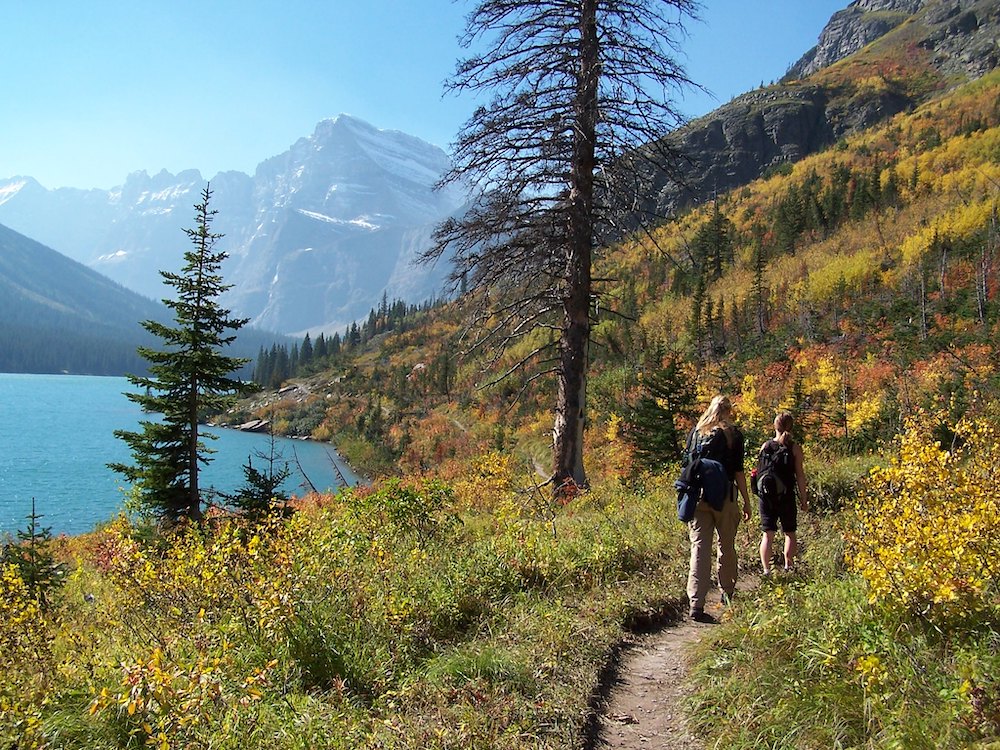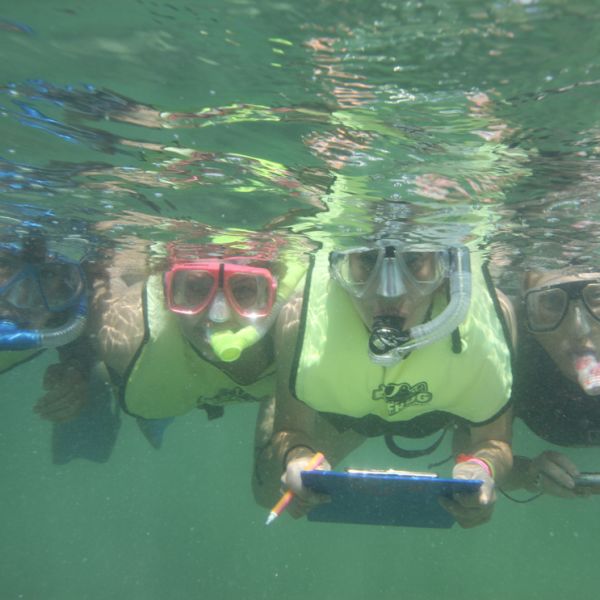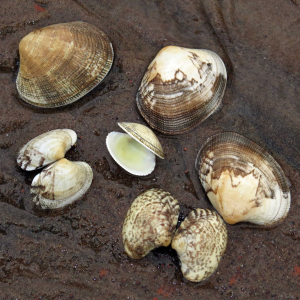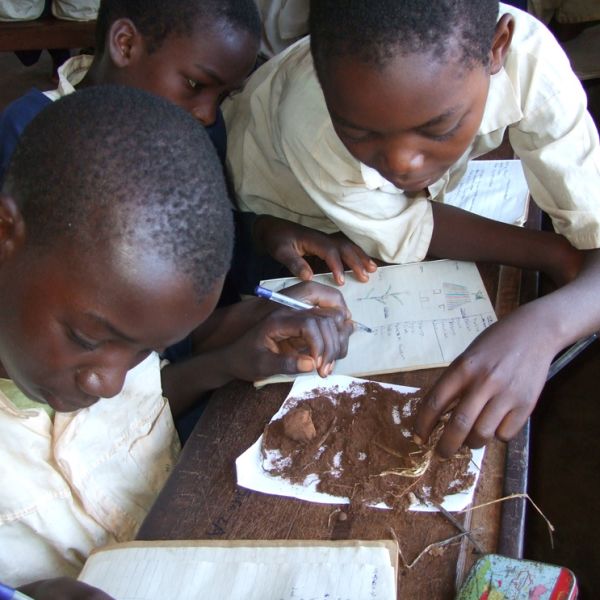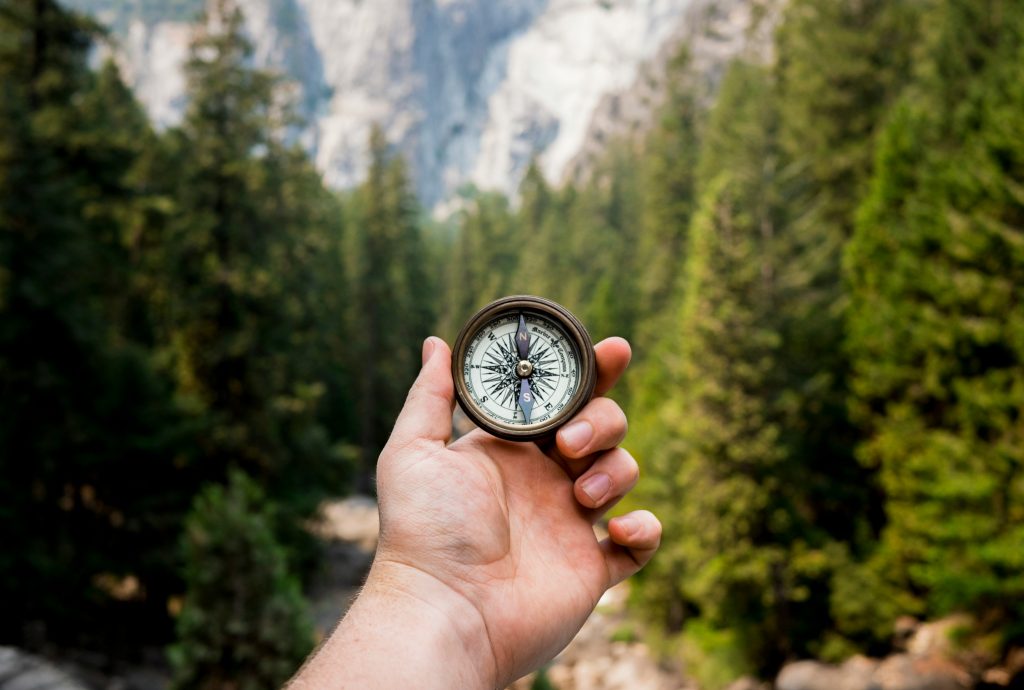Imagine a world where science is not just the domain of experts but a collaborative effort involving people from all walks of life. By participating in citizen science, you can help democratize the scientific process, breaking down barriers that traditionally separate professional scientists from the public. Diversity in participation addresses biases and fills gaps that conventional research methods might overlook. By encouraging global collaborations, pressing global challenges like climate change, biodiversity loss, and public health crises can be addressed.
Whether you have a background in science or are simply curious about the world around you, your contributions are invaluable. For instance, community-collected environmental data can highlight pollution issues, prompting regulatory changes and conservation efforts.
National Geographic has some really interesting citizen science programmes established from astrology to zoology. It is really easy and fast to register and participate.
You can also combine it with a vacation and make it a travel with a meaning. At beachexplorer you can report your special finding at beaches at the North Sea for example.
And also the EU has a dedicated site for their Citizen Science programmes. You can look for a topic your are interested, register and be part of one of 336 projects.
Participating in these projects provides you also with educational opportunities, helping you learn scientific methods and critical thinking skills. This knowledge empowers you to investigate and understand your surroundings, turning curiosity into actionable insights.
In the quest for knowledge, your participation truly counts. So, take that step, get involved, and be a part of the exciting world of citizen science. Your curiosity, effort, and insights are what make this movement powerful and impactful – and in return it gives you back interesting insights and meaning.





